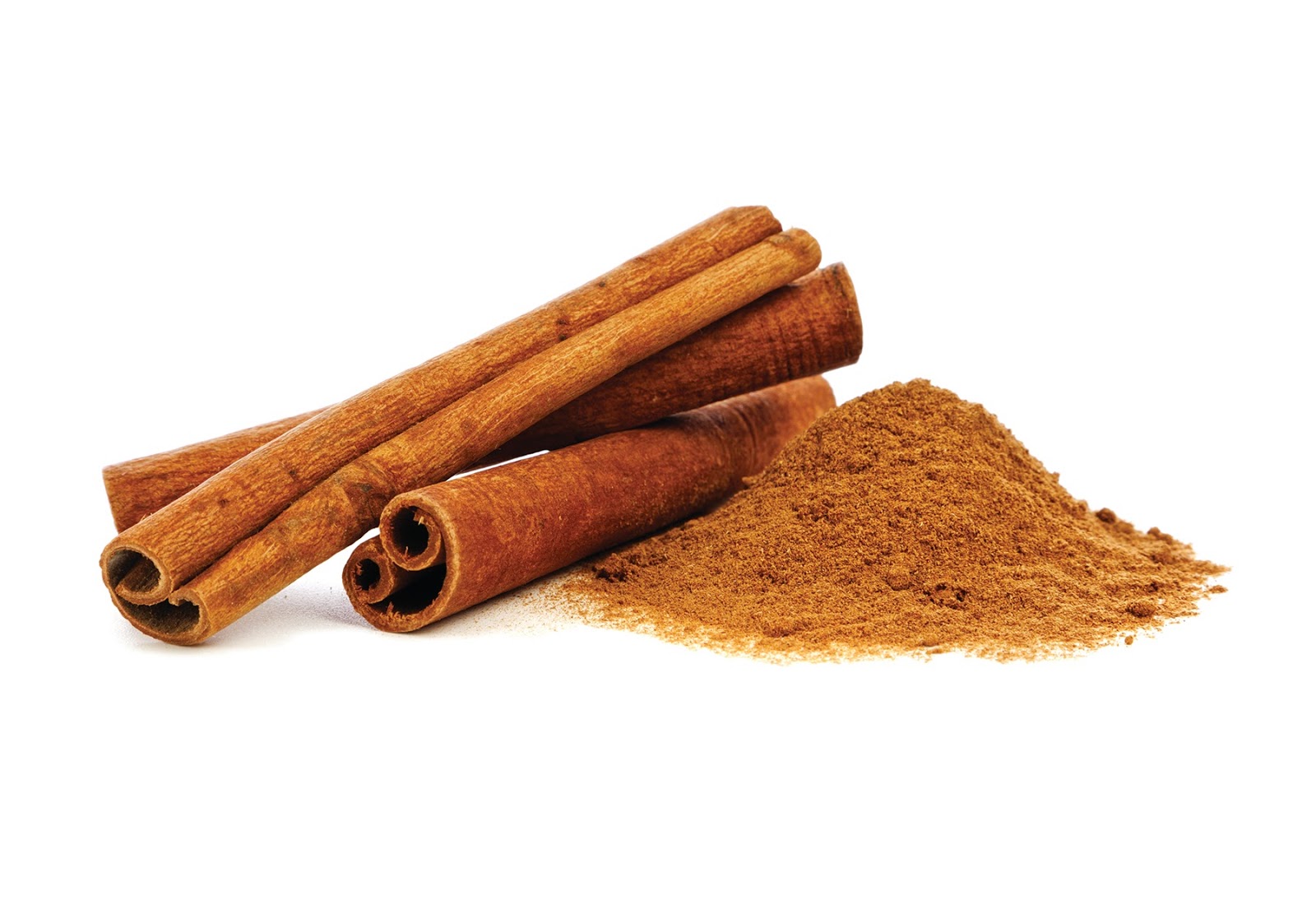Cassia, also known as cinnamon, is a fragrant spice derived from the bark of trees belonging to the Cinnamomum genus. It is commonly used in both sweet and savory dishes, as well as in various traditional medicines.
Cassia has a warm and sweet flavor profile with a slightly spicy undertone. It is often described as having a more intense and robust taste compared to its close relative, true cinnamon (Ceylon cinnamon). The spice is known for its aromatic qualities, which can add depth and richness to a wide range of culinary preparations.
The cassia tree grows in several regions around the world, including China, Indonesia, and Vietnam, and the bark is harvested for its culinary and medicinal uses. The outer bark is typically stripped away, revealing the inner bark, which is then dried and rolled into cinnamon sticks, commonly known as quills. These quills can be ground into a fine powder or used whole, depending on the desired application.
In addition to its culinary uses, cassia also has a long history of traditional medicinal use. It is believed to possess various health benefits, including anti-inflammatory and antimicrobial properties, as well as potential blood sugar regulation effects. However, it is important to note that consuming large amounts of cassia over an extended period may lead to adverse health effects due to the presence of a compound called coumarin.
Overall, cassia, or cinnamon, is a versatile and popular spice with a distinct flavor and aroma, making it a staple ingredient in many cuisines worldwide.

